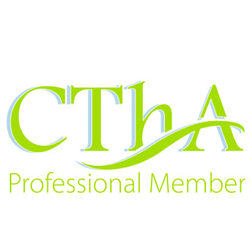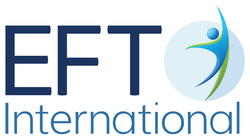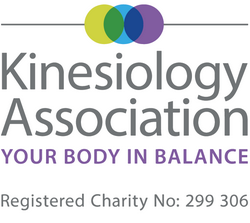Kinesiology

Kinesiology
Kinesiology is a complementary therapy based on the theory that manual muscle testing can provide information about imbalances and stresses in the body. A Kinesiologist does not diagnose or treat; instead they work with the client to explore how to bring the body back into balance. This may involve massaging specific points, providing suggestions such as nutritional supplements, relaxation techniques, lifestyle changes, flower essences and more.
In a kinesiology session, the client remains fully clothed. The Kinesiologist will place the client's arm or leg into a specific position and will apply a light pressure against the muscle that is being tested while the client is asked to match the pressure. At no time should the client experience pain or discomfort with the testing.
Kinesiology is a relaxing, non-invasive therapy, which encourages a sense of wellbeing. As such it may be helpful to those seeking relief from a range of minor symptoms and to ease emotional, physical or mental stress.
Related Pages

Nutrition
NutritionThe basis of nutritional therapyNutritional therapy is the application of nutrition science in the promotion of health, peak performance and individual care. Nutritional therapy practitioners...read more >>
Kinesiology Training
Kinesiology CoursesWhether you are:A complete novice to holistic health wanting to learn kinesiologyAlready qualified in another health discipline and wanting to learn kinesiology to add to your skill...read more >>
ART - Autonomic Response Testing
ARTI use Autonomic Response Testing (ART) as taught by Dr Dietrich Klinghardt, M.D., PhD.Dr. Klinghardt developed this technique with the help of Louisa Williams, MC, DC, ND and Yoshiaki Omura, MD.ART...read more >>
Next Previous Blog/News
posted in Body on 18 December 2020
I heard that some people don't know what to do with all the time on their hands during this "stay home, stay safe" period. Others have begun amazing new hobbies or are running around with their hair on fire juggling work from home, homeschooling, hom...
Next Previous Testimonials
Very Supportive and Empowering
"I suffer from a long-term sciatic problem that is severe and causes a good deal of pain. I have been working with Sonia for three months and my core strength has improved, as has all the muscle strain around the weak part of my spine. My osteopath says that he feels a real improvement. I love my sessions with Sonia, they are always varied and especially tailored to fit my very particular needs. She is thorough, kind and attentive. I have recommended her widely and will continue to do so." Jennifer S
Beyond a Workout
"I have always been very active having played a number of sports to a very high standard. My focus has always been on strength and fitness and I realised after a couple of minor injuries that I had neglected some key principles. Working with Sonia was of course very different to working out in a gym or to any other training regime I had been involved in but it has so far had a huge impact on everything that I do - from walking to the tube and avoiding recurring foot injuries to my posture at work and also in the gym. I have learnt things about my body that I never knew and I now wish I had known before. I thought her style of pilates would be interesting and a change from my normal workouts but it has had a much deeper impact than I could have imagined. I now know so much more about my body and can put that knowledge to use in my workouts and everyday fitness regime. Just because you go to the gym 3 times a week does not mean you don't "need" Sonia - in fact I would suggest the opposite. In addition to this, on a personal level, Sonia always makes her sessions interesting. She is an interesting and engaging person who will make an introduction to Pilates Yoga or Somatic Movement a most worthwhile experience and even experts will benefit from her broad knowledge about the body and the mind. I couldn't recommend Sonia more highly to everyone, of all ages and all levels of fitness and experience." Graham H








